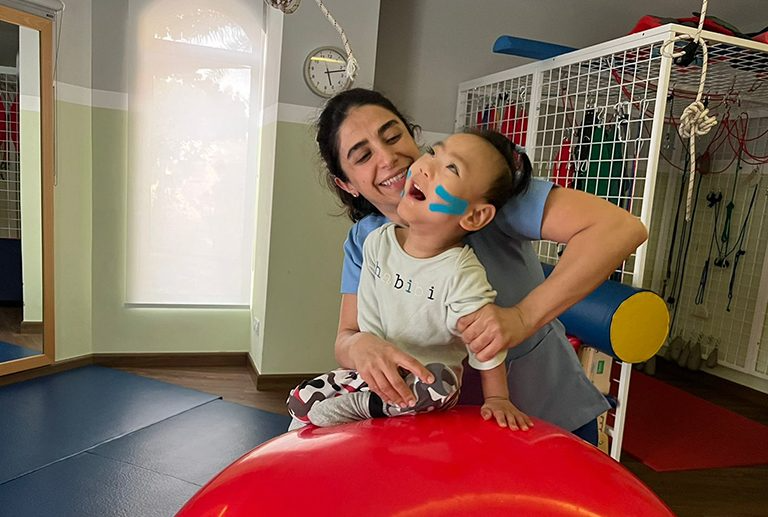Common Mistakes To Avoid In Infant Physiotherapy

Infant physiotherapy requires a delicate and specialized approach due to the unique developmental needs of young children. While working with infants, physiotherapists must steer various challenges and considerations to ensure safe and effective treatment.
Neglecting developmental milestones:
One of the most critical aspects of infant physiotherapy is to understand and respecting developmental milestones. Every infant progress at their own pace and it’s essential for physiotherapists to tailor interventions accordingly. Neglecting to consider developmental norms or pushing an infant beyond their capabilities can lead to frustration, stress, and setbacks in their development.
Overlooking parental involvement:
Parents play a vital role in their infant’s therapy journey, as they are the primary caregivers and advocates for their child. Failing to involve parents in the therapy process or provide them with the necessary education and support can hinder progress and limit the effectiveness of interventions. Physiotherapists should actively engage parents, encourage their participation in therapy sessions, and provide guidance on how to support their infant’s development at home.
Using generic treatment plans:
Infant physiotherapy requires individualized and tailored treatment plans that address each child’s unique needs, strengths, and challenges. Using generic or one-size-fits-all treatment approaches may not effectively address the specific concerns of each infant and could lead to suboptimal outcomes. Physiotherapists should conduct thorough assessments and develop personalized treatment plans that take into account the infant’s medical history, developmental stage, and functional abilities.
Applying excessive force:
Infants have delicate and developing bodies, and applying excessive force during physiotherapy interventions can cause harm or discomfort. Physiotherapists must use gentle and appropriate techniques that respect the infant’s physical fragility and limitations. Overzealous stretching, manipulation, or pressure can lead to injury, pain, or negative associations with therapy, undermining the trust and cooperation of both the infant and their parents.
Ignoring emotional needs:
Infants may experience stress, anxiety, or discomfort during physiotherapy sessions, especially if they are unfamiliar with the environment or activities. Ignoring the infant’s emotional needs or dismissing their cues and signals can create a negative therapy experience and hinder progress. Physiotherapists should be attuned to the infant’s non-verbal communication, provide comfort and reassurance as needed, and create a supportive and nurturing environment that promotes trust and relaxation.





